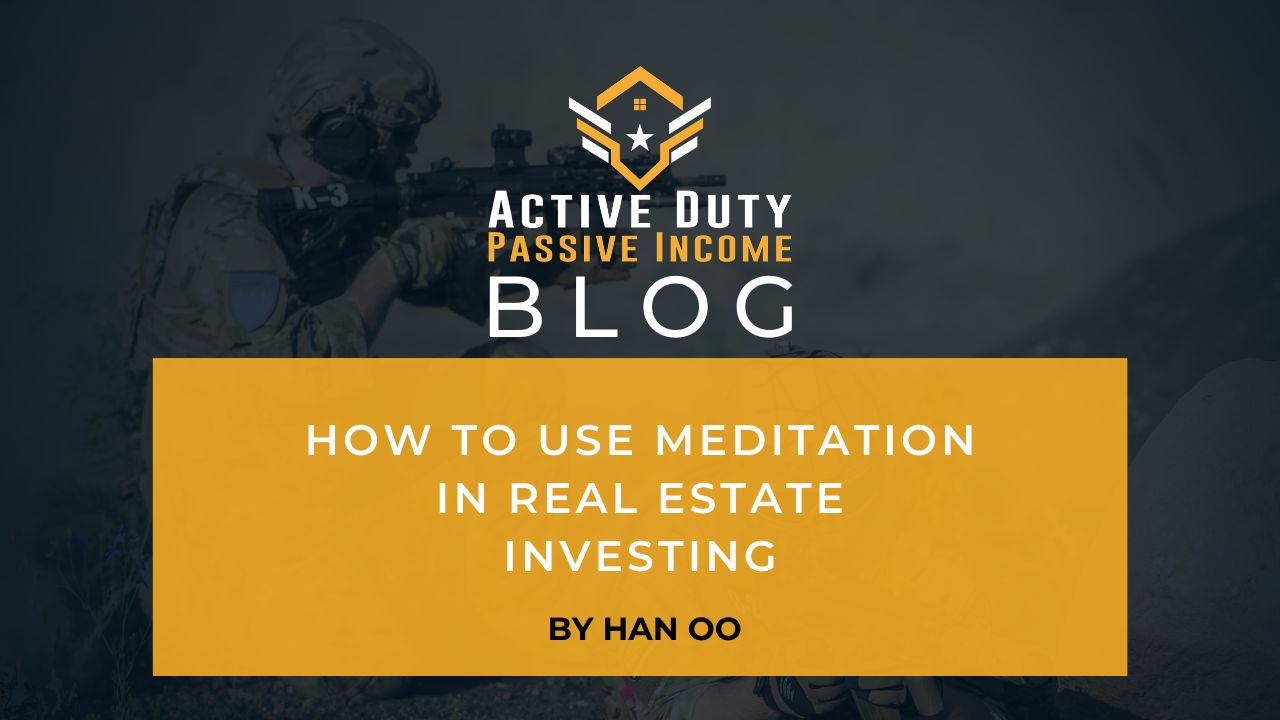Why You Should Meditate As an Investor and How to Get Started
Often, you come across references focusing on meditation for real estate investing. Even Steve Jobs, the late co-founder and CEO of Apple attributed much of his career success to meditation that boosted his perception and intuition in creativity. The following quote helps us understand the importance of meditating:
“After reading a bad headline, meditating investors are more likely to respond rather than react.”
Why an Investor Needs To Meditate
Meditation is not bound by religious or philosophical nature. You do not have to change your lifestyle or believe in religion to practice meditation. Whatever job or lifestyle you are pursuing, incorporate meditation for your overall health benefits and material gains. Meditation is an attempt to communicate with the true self. It works for everyone regardless of their belief or motivation.
As a real estate investor, you should meditate because it can change your ideology involving investing success. Just like life, real estate investing scenarios are fluctuating; some days are rough–others are calm and soothing.
Meditation as a Pacifier
With meditation, your soul and your source of energy are calm. You are not caught in the rapid currents of mind that nurture a thought one minute and the opposite the next minute. Meditation helps cut through the dense fog of doubt and stress which our body and mind experience. It helps us visualize the ideal life and realize what we are missing by concentrating on the disturbing parts.
When we sit down to meditate, we try to get to the root of many things that have been bothering us and clear our mind of distractions. Additionally, we come up with potential solutions or ways forward that help us become a better real estate investor with more calm, focus, and creative attributes.
6 Steps to Meditation
Simple mindful breathing exercises that you can practice anywhere are a great start for meditation. There is no rule stating that meditation should be practiced for at least 30 minutes or an hour to achieve desired results. Even one minute of meditation can help restore the sense of calmness in your busy day and is particularly helpful when you are in a stressful situation.
Meditate for a minute, focusing on breathing when things get stressful. It will help you respond more thoughtfully and constructively.
Steps to Meditation
1) Meditate regularly–ideally at the same time every day or at least every other day.
2) Have a proper set-up before starting to meditate–switch off your mobile phone, instruct your loved one not to interrupt, lay down a yoga mat and sit on it with your eyes closed for some time.
3) Try to choose a quiet place and a comfortable position like sitting cross-legged on the floor, lie flat on your back, sit in a comfortable chair, or whatever position works for you.
4) Review your goals list, as it will affirm and ingrain positivity into your subconscious.
5) Lend ample time to meditation. It cannot be mastered within a short span. Your busy mind keeps distracting you. As an old saying states: it takes 21 days to form a habit. Start with a few sessions in the beginning, and once you start realizing the benefits, make it a regular practice.
6) You may decide to try guided audio meditations. Guided meditation promotes practicing and brings your straying thoughts back to your meditation goal.
Calmness can wash over a lot of negativity, stress, anxiety, and help you make decisions mindfully. You are worth every calm moment that brings you back into the present–eradicating thoughts related to the future or the past.
Take-home Advice
Lifelong learning is one of the traits of successful real estate investors and entrepreneurs. Invest at least 20 minutes of each morning in reading educational or inspirational books. It helps in the long run to make wise decisions related to your personal and professional life as an investor.
Brain food is a must for sound decisions, and meditation renders the same results. Stabilizing the mind with meditation accelerates observation skills, as well as the mind’s ability to visualize the investment market patterns and trends.








